Great Britain encourages a skeptical Uncle Sam to jump in to the swimming pool of imperialism…
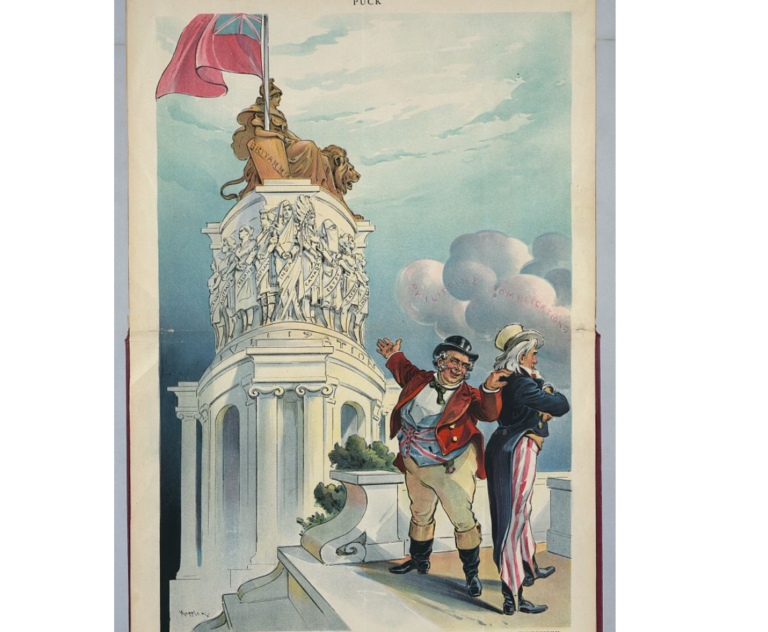
Podcast: Embed
Great Britain encourages a skeptical Uncle Sam to jump in to the swimming pool of imperialism…

Podcast: Embed
Albert Einstein becomes an American citizen (October 1940) Between the 1889s and 1914, revolutionary changes occurred in our understanding of science, psychology and physics…
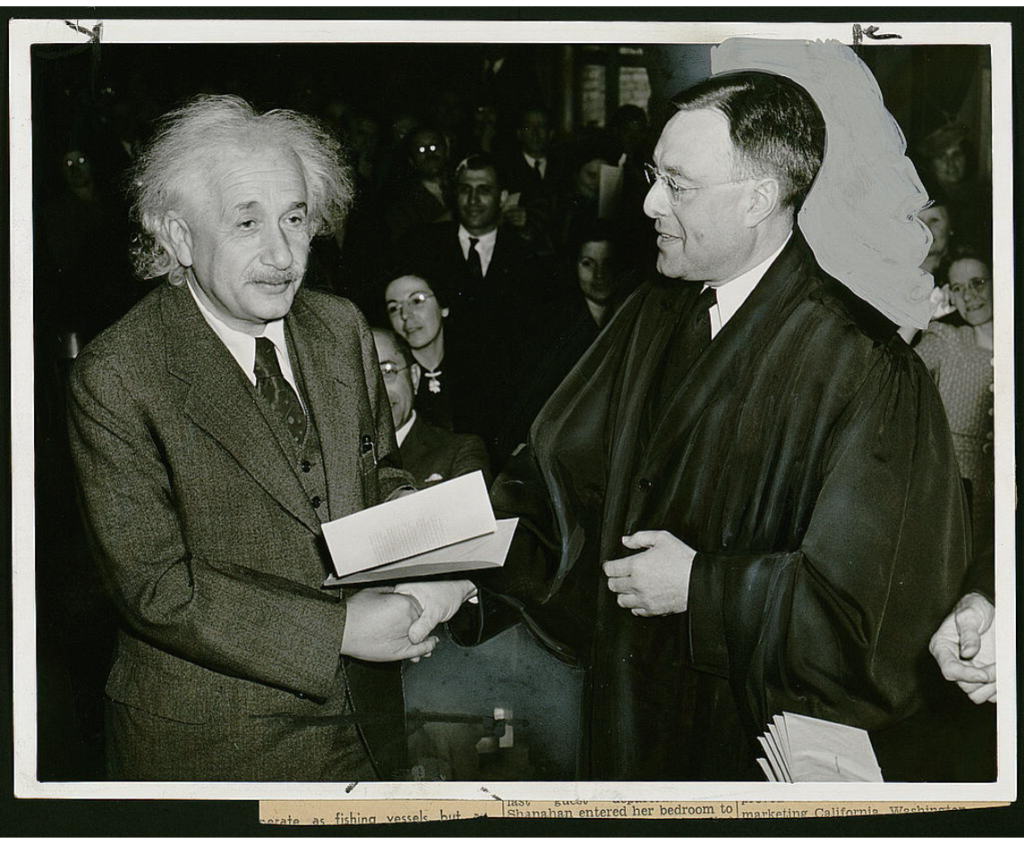
Podcast: Embed
The theory of Karl Marx and Friedrich Engels, presented in the Communist Manifesto (1848), was yet another theory of progress so popular in the nineteenth century, along with Darwinism, Positivism and nationalism. Marxism was popular with the proletarians created by the Industrial Revolution, because it predicted that they would one day win a successful proletarian revolution against the bourgeoisie all over the world, one whose success was the inevitable product of class conflict between the two classes. For the same reason, the middle class hated this theory and fought the rise of the proletariat. The theories of Marx and Engels would never be borne out or live up to their predictions. BUt it was a major fear factor that explains much about the politics of the middle class in the late nineteenth century and the birth of social welfare legislation, which Marx had never foreseen or predicted.
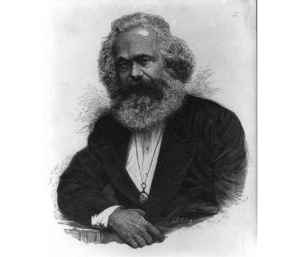
Podcast: Embed
Here is a link to a transcript of this Episode
Who was Charles Darwin, this Newton of the Nineteenth century? And what was his theory of the evolution of species by natural selection. How did it impact virtually every aspect of Western Civilization, from political ideologies to psychology and philosophy? In this special landmark podcast, Dr. Reiman explores his significance.
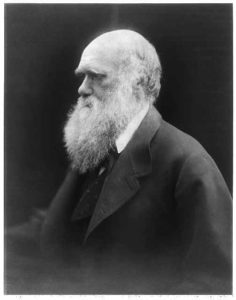
Podcast: Embed
ationalism took a dark turn for the worse after 1848. Nations that came into existence after 1848–such as Germany and Italy–were unified by military monarchies adopting the strategies of statecraft and war. In this podcast, Dr. Reiman traces the ways in which these two nations buried liberalism in their countries and strengthened autocratic government between 1848 and 1871, lighting the long fuse to World War I.
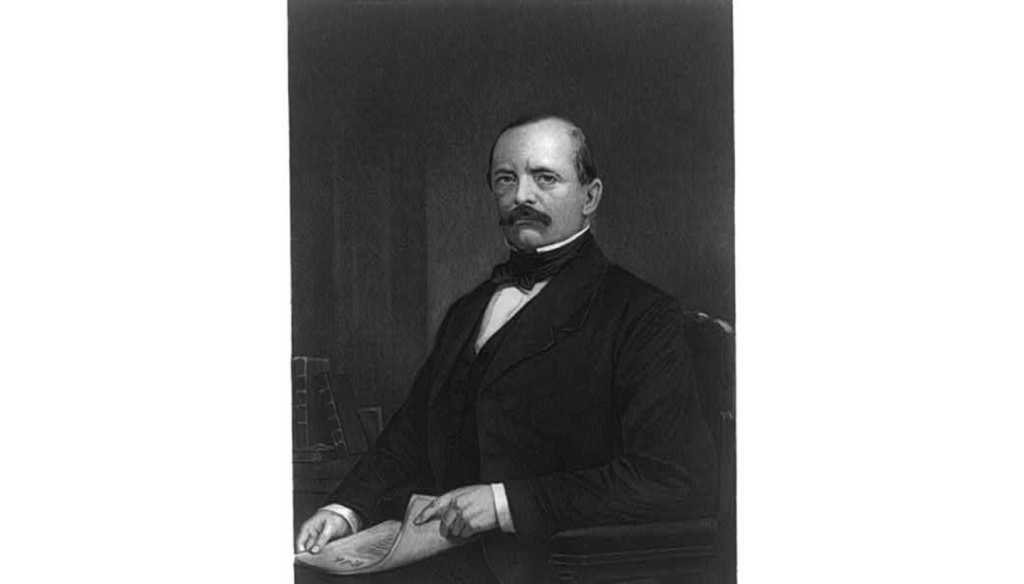
Podcast: Embed